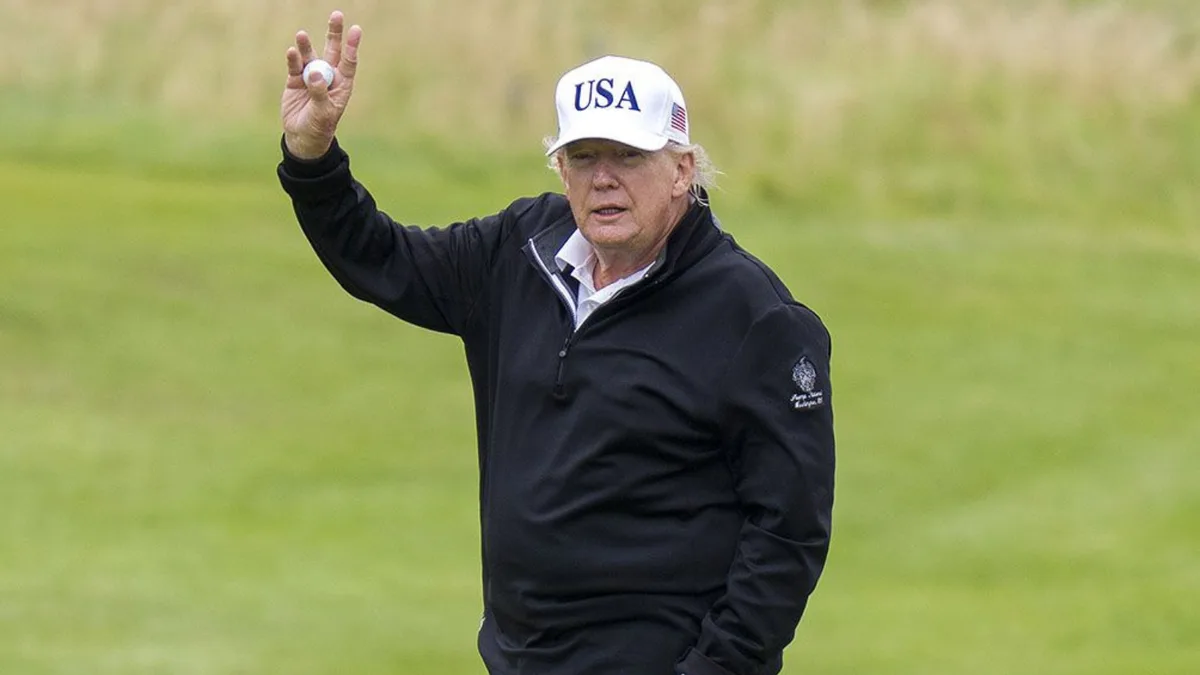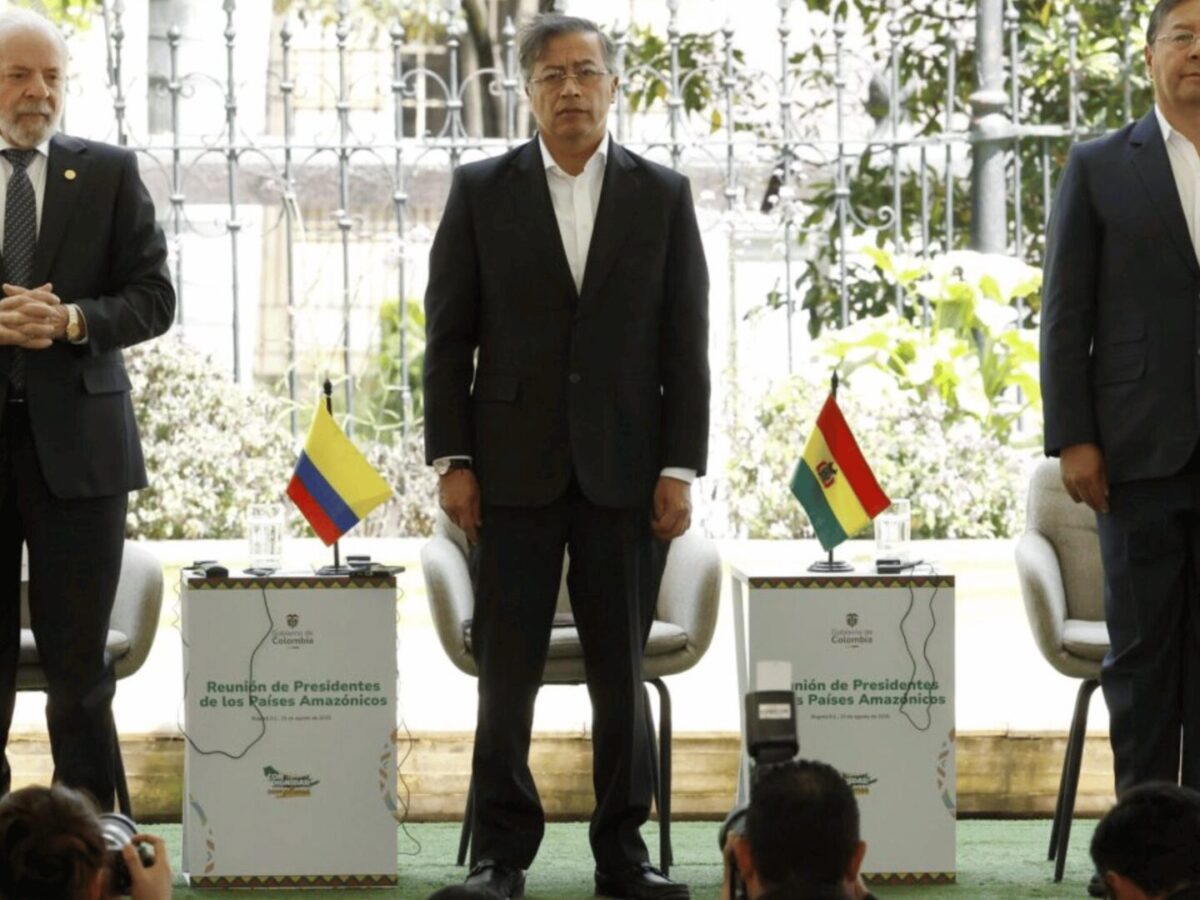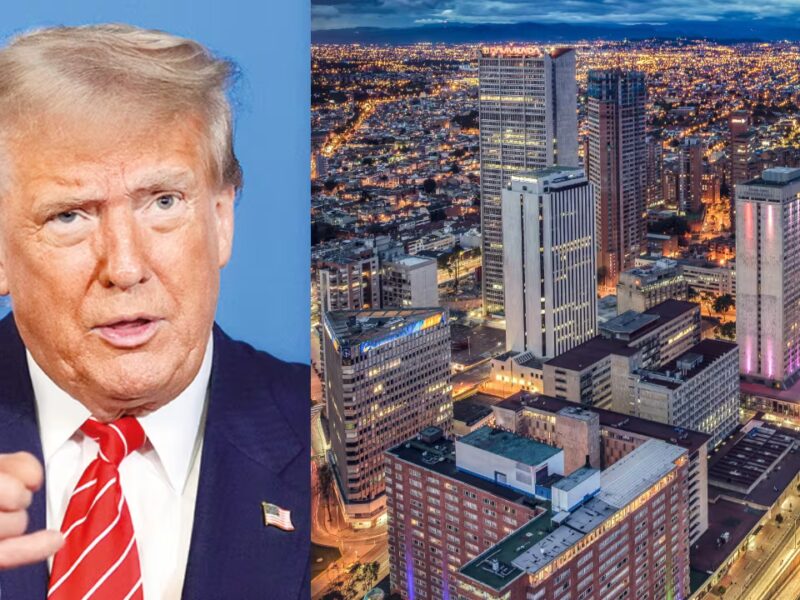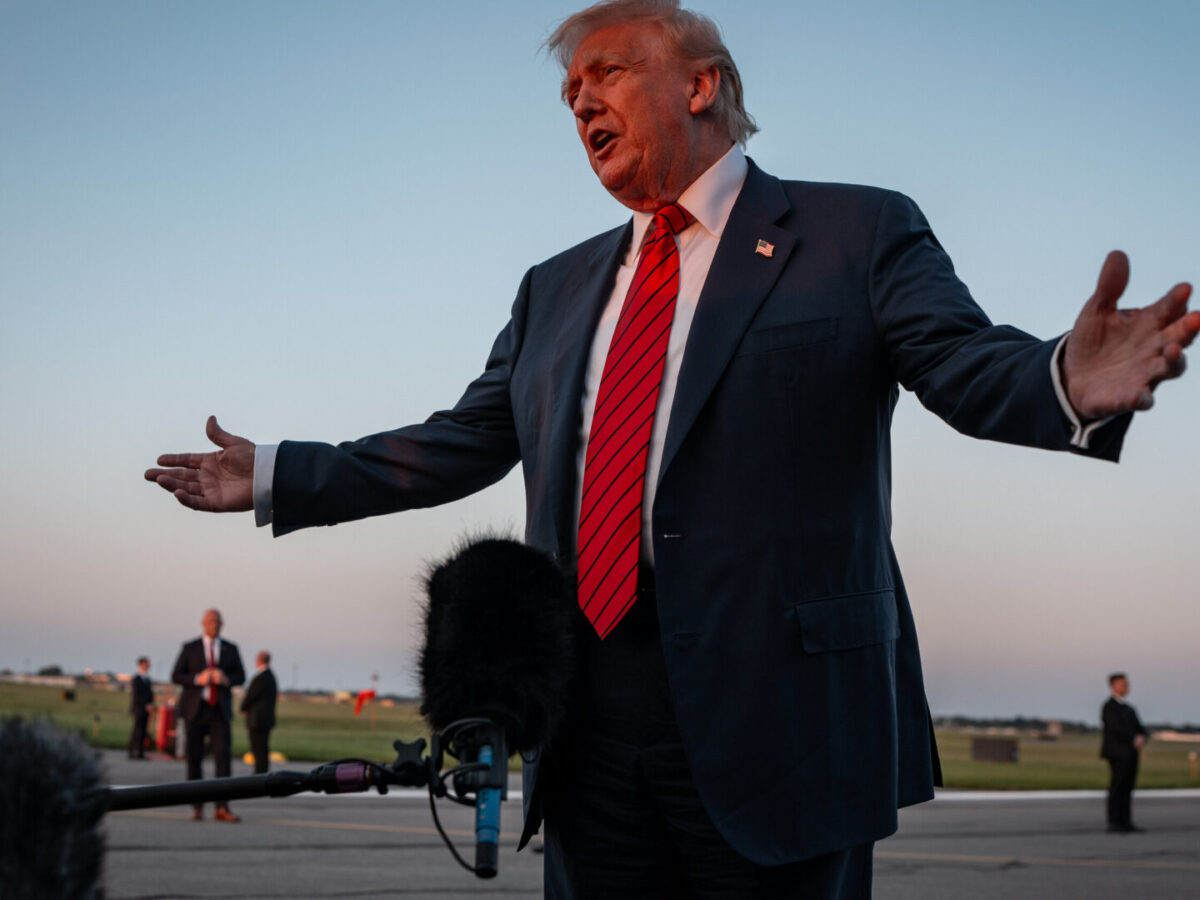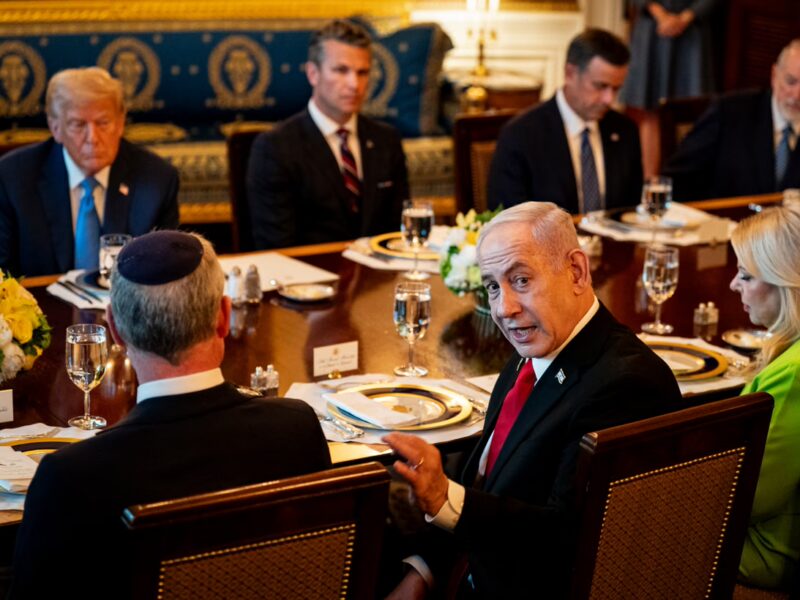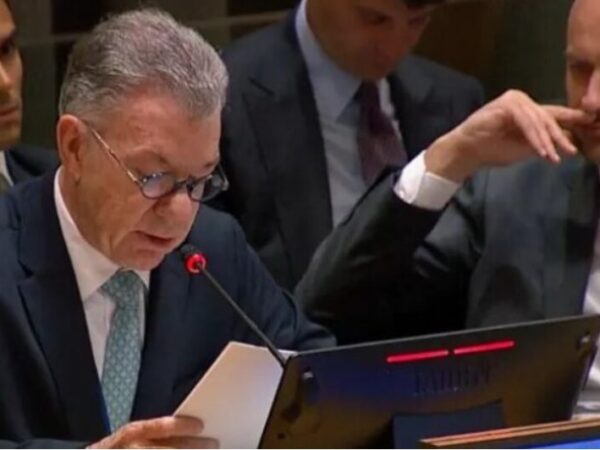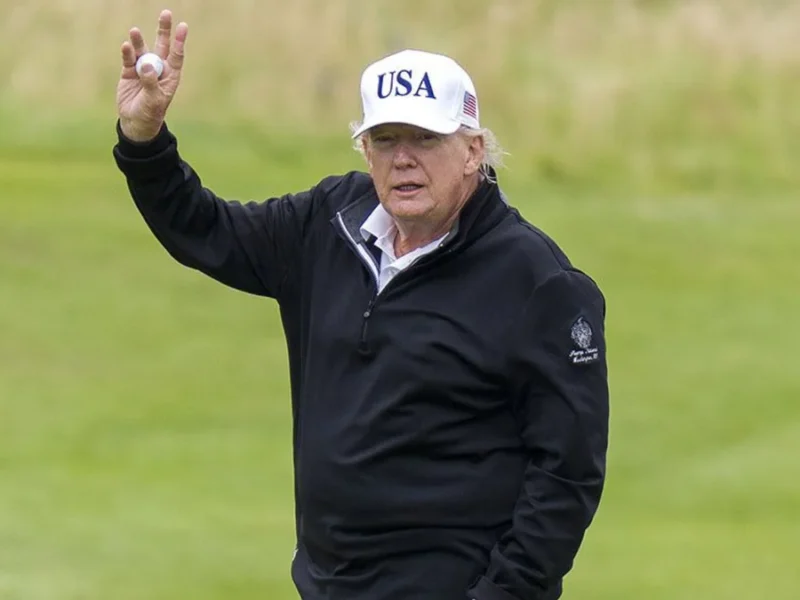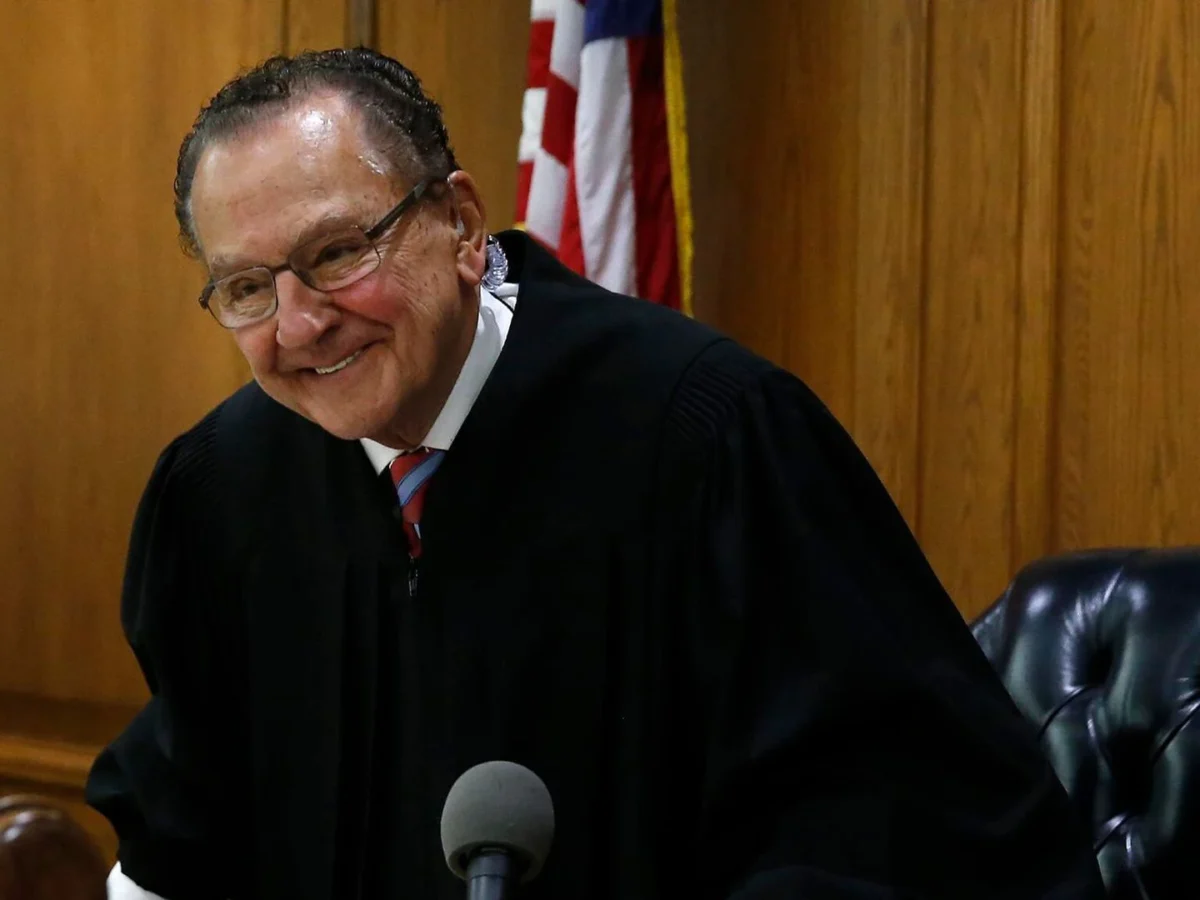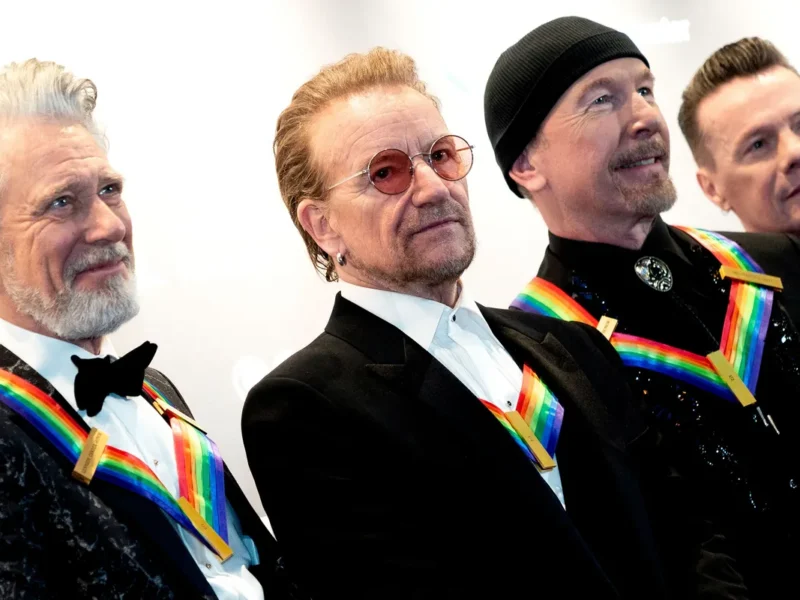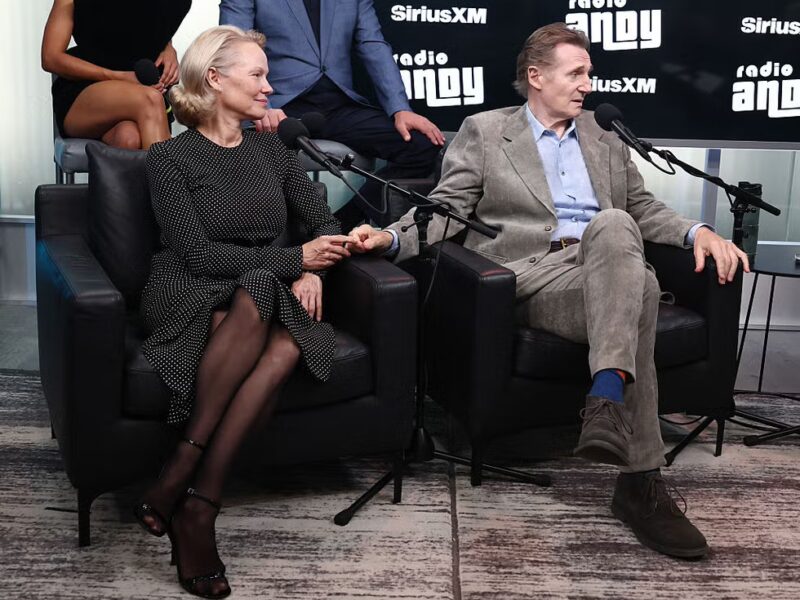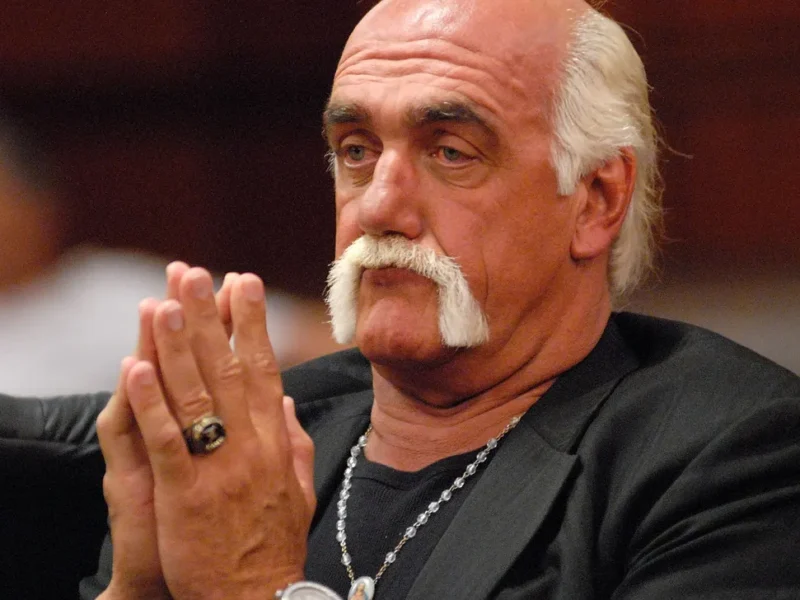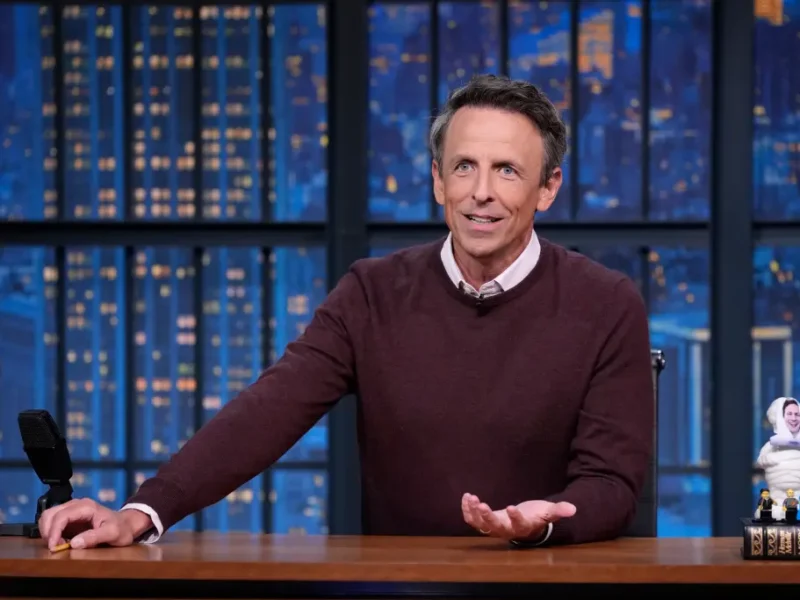President Donald Trump is once again dominating headlines, but this time it’s not for his policies or political rallies. A new nickname, “Commander-In-Cheat,” has exploded across social media, reigniting debates over his golfing habits and honesty. While nicknames have long been part of political discourse, this one, in particular, seems to have struck a nerve—not just because it’s catchy, but because of the allegations it revives.
Why is “Commander-In-Cheat” gaining traction?
The nickname, a play on Trump’s role as Commander-in-Chief, emerged following a weekend golf outing where, according to various observers, he was seen allegedly bending the rules. This isn’t the first time Trump has faced scrutiny for his conduct on the golf course. Since his first term, critics and comedians alike have poked fun at his reportedly lax approach to the rules of the game.
Rick Reilly, a longtime sportswriter, famously called Trump “the worst cheat in golf” in his book Commander in Cheat: How Golf Explains Trump. The book details multiple instances from Trump’s golfing history where he allegedly fudged scores, moved balls, or claimed victories he hadn’t earned. The resurgence of the nickname suggests that public memory hasn’t faded—and perhaps even that it’s becoming a cultural shorthand for broader concerns about his integrity.
The context: A president in his second term
Now serving in his second term, Trump has returned to familiar patterns, including frequent visits to his golf courses. Over the recent weekend, he was spotted playing multiple rounds, prompting a fresh wave of criticism, especially as serious national issues remain unresolved. Supporters argue that every president deserves leisure time; critics counter that Trump’s apparent rule-bending on the green is emblematic of a deeper disregard for norms and accountability.
What makes “Commander-In-Cheat” particularly sticky is its alignment with long-standing narratives about Trump’s character. From business dealings to campaign rhetoric and now his golf game, the nickname encapsulates concerns that transcend the sport itself. It’s more than a jab—it’s a symbol of public skepticism.
Does the nickname reflect public sentiment?
While some see the nickname as a clever, humorous take on Trump’s golf antics, others view it as a biting indictment. Social media platforms have amplified its reach, with memes, tweets, and commentaries circulating widely. The virality of “Commander-In-Cheat” speaks not only to its humor but also to the enduring polarization surrounding Trump.
In an age where image and branding are everything, especially in politics, a viral nickname can shape public perception in powerful ways. For Trump, who prides himself on image control and personal branding, the widespread use of “Commander-In-Cheat” could be particularly irksome. But as with many aspects of his career, he may also attempt to reclaim or spin the narrative to his advantage.
Regardless of where one stands politically, the emergence of this nickname reopens a broader conversation about leadership, honesty, and the traits voters value in those they elect. As Trump continues to play through his presidency—both literally and figuratively—it’s clear that the battle over his image is far from over.
Other News To Read


